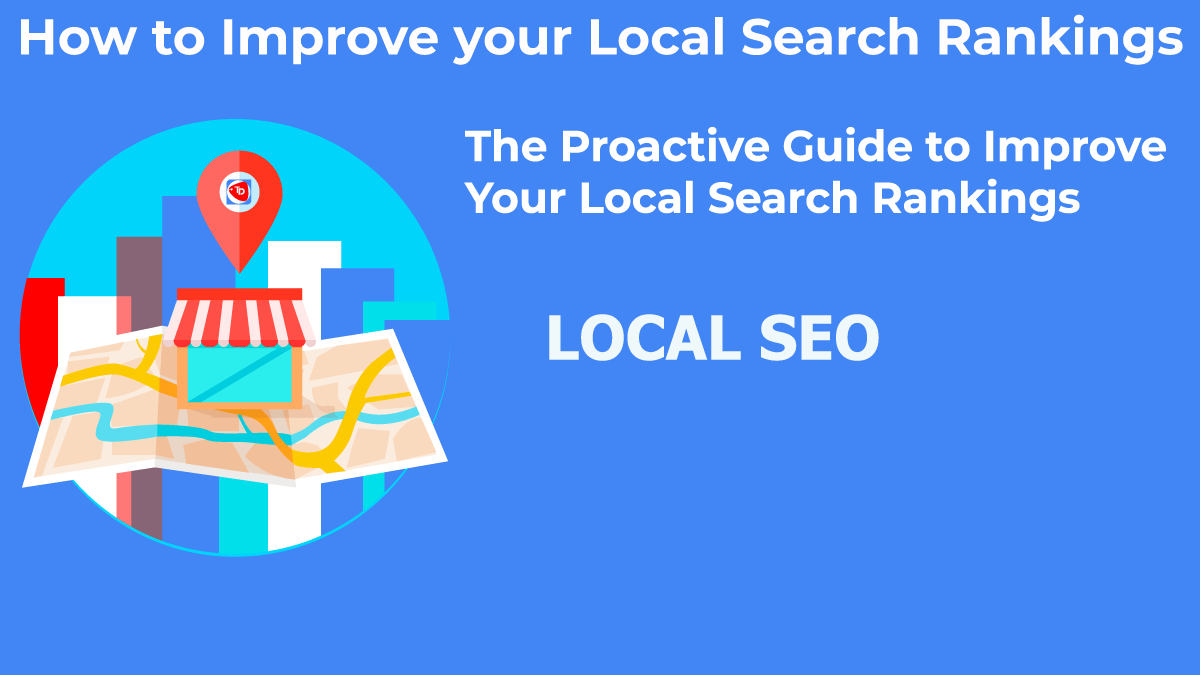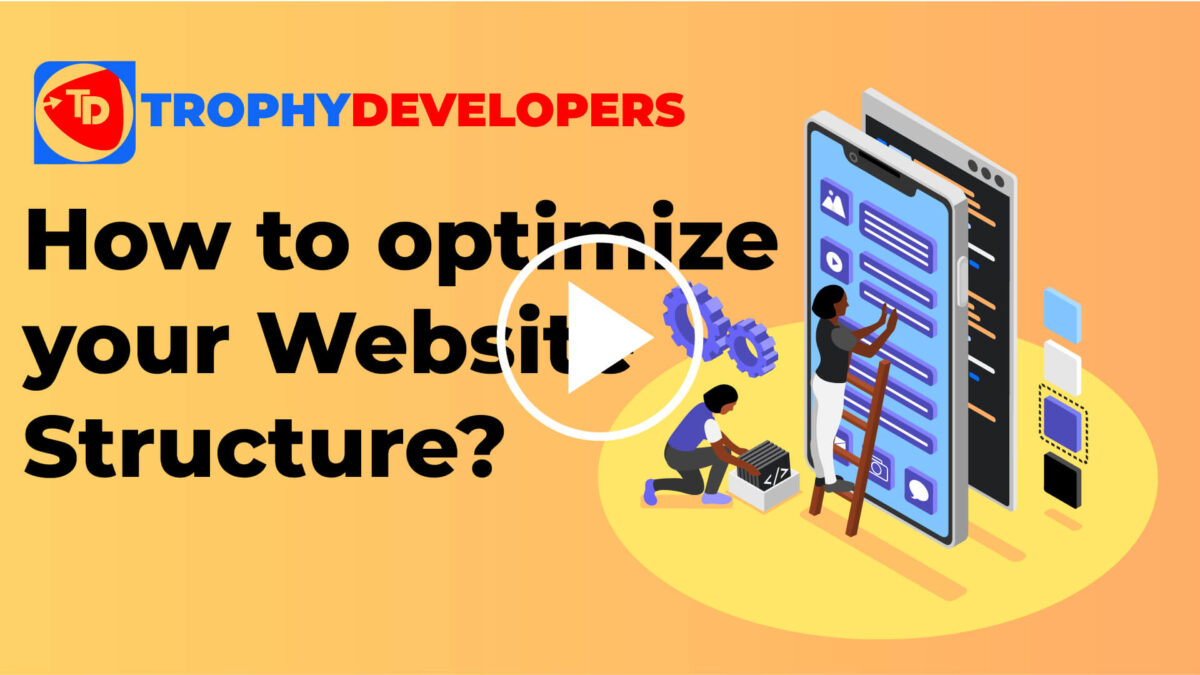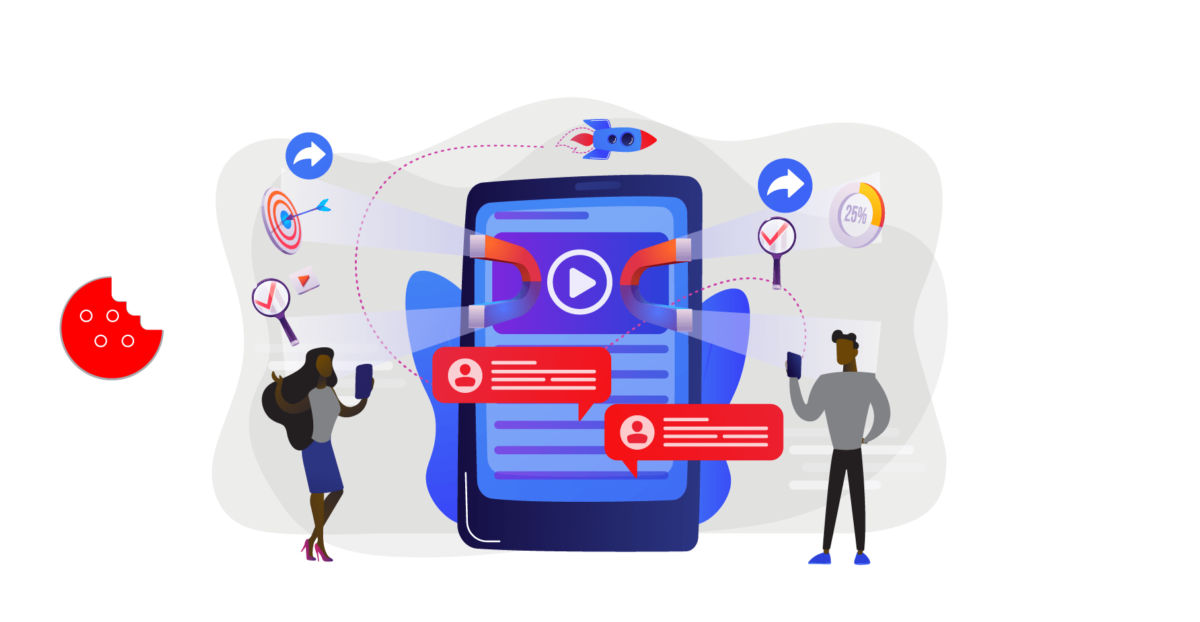
How Social Media Optimization & Marketing Works in 2025 ?
January 6, 2020
How to clearly identify business goals and build processes for a website to succeed online?
May 5, 2020How to rank first on Google local search, Understanding how local Search Engine Optimization(SEO) works?
Why is Local SEO (Search Engine Optimization) important to your website?
People who are looking for your business’s services or products in the geographical location near your business, 60% of customers according to Trophy Developers Uganda they come from web search, we got this information from most of website analytics data of the websites we develop and design for our website design service clients.
Firstly, let take a minute to share a high-level overview of how local SEO (Search Engine Optimization) works.
When you enter a term into a search engine let’s say Google and hit Submit, a lot happens simultaneously.
Understanding what’s going on behind the scenes will be valuable as you adapt the material you’re learning to your own specific business needs.
The search engine (Google) is going to check to see if it has any historical information on you, what searches you may have conducted previously, and any cookies that you’re dragging along.
Beyond that, they’ll receive data on your physical location, which can come from your IP address, the public network you’re connected to, or even the true GPS data from a mobile device if you’re providing it. Now, that’s a fairly simple explanation but it’s more than sufficient to get a big picture of what’s going on behind the scenes.
So, now that Google has that information, they’re going to work to understand what it is you’ve searched for.
There are a few types of local searches:
- contextual local web searches
- inferred local web searches
- Intent local web searches
Contextual local Web searches
Contextual is really easy for Google to understand. In this case, a user provides Google with a specific location and that location is identical to where the user currently is. So if I’m somewhere in Uganda, and I conduct a search for the term “Uganda Website Designers“, Google has a very clear understanding of what I want and they have the complete context.
Inferred Local Web Searches
The next type of search is an inferred search. In this case, if I was in Uganda, Kampala and I conducted a search for Kampala Website Designers, Google has to infer that I’m actually interested in local results from Uganda, Kampala despite the fact I’m currently in Uganda, Kampala.
Intent Local Web Searches
The last type of search is intent, and this is becoming one of the most popular types of searches. As Google gets better and better at understanding the intent of a search, people are less likely to include additional location context. In this type of search, I’m and the only thing I type into Google is Website Design.
In this case, I may even stretch Google by leaving out the term designers and instead only using the root keyword website.
Part of identifying the right local SEO strategy is also identifying what type of search query your target audience is most likely to use. There is potentially a different approach to rising to the top in a contextual query versus an intent query. There’s a lot that goes
on to make local SEO work, but understanding the basics will give you the foundation you need to be successful with your implementation.














